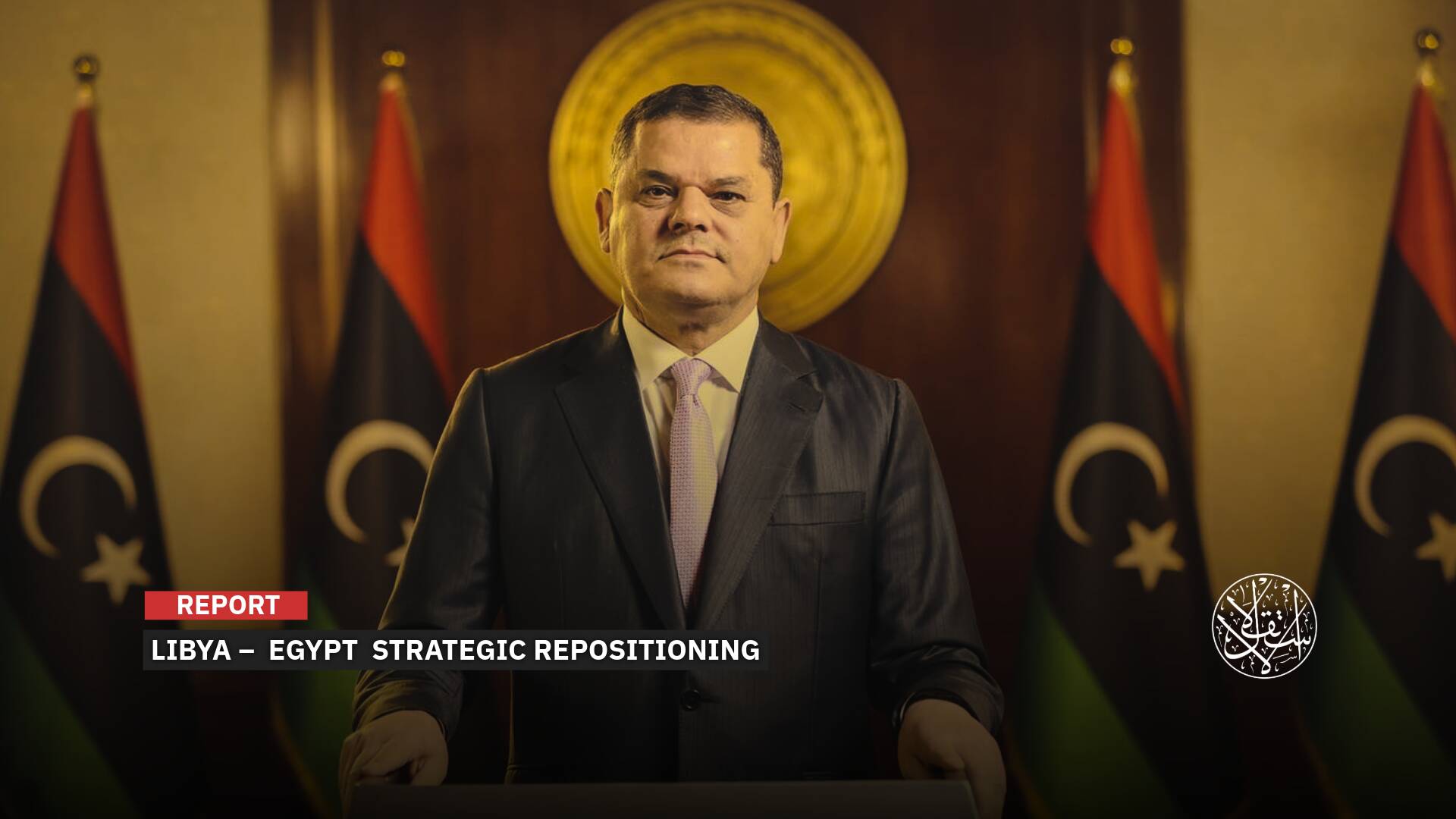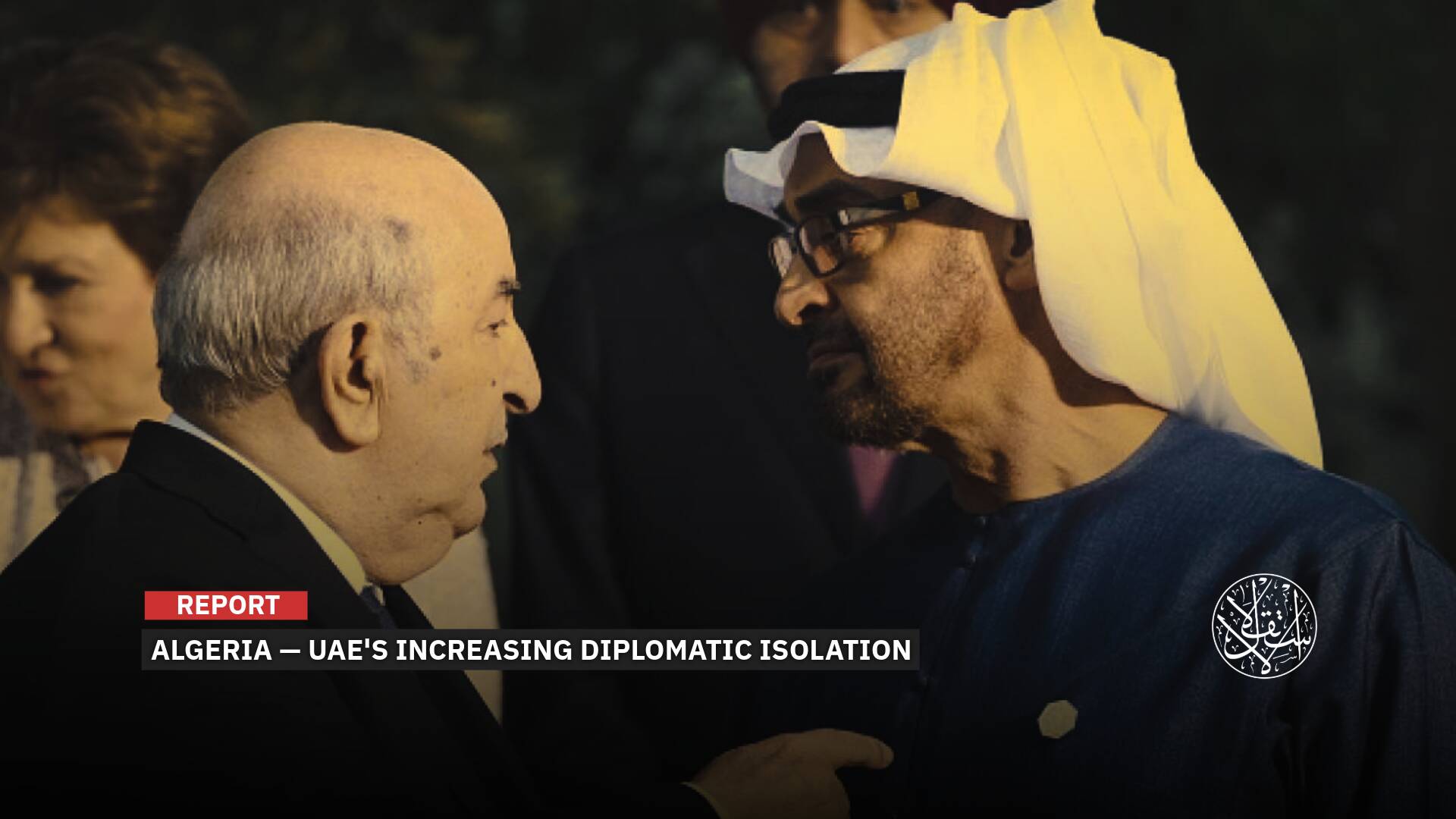Exclusive Loyalty Calls: The World Cup Fueled the French Extreme Right Demands to Ban the Right of Dual Nationality

The French far-right does not miss any possibility of exploiting public events to promote its hatred against immigrants. It took advantage of France’s match with Morocco, which took place on December 14, to criticize the French law that gives the right of holding dual nationality for Maghrebians.
The extreme right considers that the loyalty of French people of Maghreb origins is to the countries of origin and not to France, and therefore they should be forced to give up one of their two nationalities.
The former leader of the far right, the founder of the National Front, Jean-Marie Le Pen, had previously called for this, and said, “It is not possible to be loyal to two countries at the same time.” His successor in the leadership of the movement, his daughter Marine Le Pen, who in 2014 called for an end to dual nationality, followed the same path.

Targeting Dual Nationals
The day of the Morocco–France match was full of media escalation in order to mobilize public opinion to support the call of the extreme right. The latter criticized the fact that some of the players of the Moroccan team were born in France and held its nationality, but they chose to play with the country of their parents against the country of birth, residency, and passport.
They considered this the occasion to push the government to take an explicit position on the issue and adopt the decision not to have dual nationalities.
The France-Morocco match overflowed with the racism of the extreme right, but the campaign began before that, as every celebration of a victory during the World Cup in the suburbs inhabited by a majority of immigrants became a sign of publicizing the other identity.
Before the matter came to the qualification of France and Morocco for the confrontation, the flags were the target, and a sharp division occurred on this point between municipalities that prevent the raising of the Moroccan flag by fans and others that allow it and raise it alongside the French flag, without seeing any issue in the matter.
Morocco preceded France to be qualified by hours, and fans of the Moroccan team descended on the Champs-Elysees, which turned into an arena in which the Moroccan and Palestinian flags fluttered. When the French team qualified, its fans went down to the same arena, but they did not find enough space to celebrate, so there was a conflict between the fans of the two teams without any major friction.
The French Ministry of the Interior confirmed that the celebrations were the least violent, yet they were portrayed by television channels, close to the extreme right, as violent incidents.
The violence that emerged after the end of the France-Morocco match on December 14 was not caused by the fans of the Moroccan team, but rather the extreme right incited it. According to official French police reports, 266 protesters were arrested across France, including 40 from the far-right in Paris, who were carrying sharp stabbing weapons.
Media reports said that they planned to collide with the fans of the Moroccan team, and therefore there are those who hold them responsible for killing the Moroccan boy Ayman (14 years) in the city of Montpellier by a car. The Public Prosecutor said that the investigation is directed at the felony of premeditated murder using a vehicle.
The extreme right did not move alone in order to exploit the occasion, but there are many parties, some of which disclose themselves, while others move from behind the scenes.
Many yellow media outlets found the identity issues raised in Qatar World Cup as a convenient environment to incite hatred and division.

Deep Connection
In an interview with Al-Estiklal, the expert on politics Zouhair Attouf said: “I think the far-right’s claim to ban dual citizenship is arrogance beyond comparison. Raising the flag of a country other than France does not in any way express hostility to France. However, the phenomenon should be analyzed.”
He added: “The encouragement of Moroccan immigrants for the Moroccan team against France during the football match may express for a small group the feeling of marginalization within French society, and may express that the children of immigrants of the second and the third generation do not receive the same love and the same rights compared to French citizens.”
He emphasized: “For others, it could reflect an emotional attachment only. The coach of the Saudi team, Herve Renard, is French and has no immigrant roots. Nevertheless, he expressed that he would encourage Morocco during the Morocco–France match. He explained that the amount of love he received in Morocco when he was coach of the Moroccan team could not be imagined.”
If the French Renard lived for a short time in Morocco, and he felt like he belonged to Morocco to this extent, how about the offspring of Moroccan citizens who were born and grew up in Western countries?

Multiculturalism Vs. Nationalism
With the increasing polarization in French society, it should be noted that the American-Canadian model, which respects cultural, ethnic, racial, and religious diversity, succeeded in absorbing all its components and children.
The French nationalist model, which forces citizens to melt into the mold of French nationalism in order to be recognized as French, creates several problems for French society. France’s great need for the competencies of immigrants makes it always in need of immigrants, but its members, especially from the extreme far right, make it difficult for integration and harmony between native citizens and immigrants.
The expert on politics concluded: “The extreme right wants to fully benefit from the energies and brains of the children of immigrants in France and to prevent them from all forms of connection to the land of their ancestors, even by holding the nationality of the country of their ancestors. It is unfortunate that hate speech and hatred have reached this level.”











